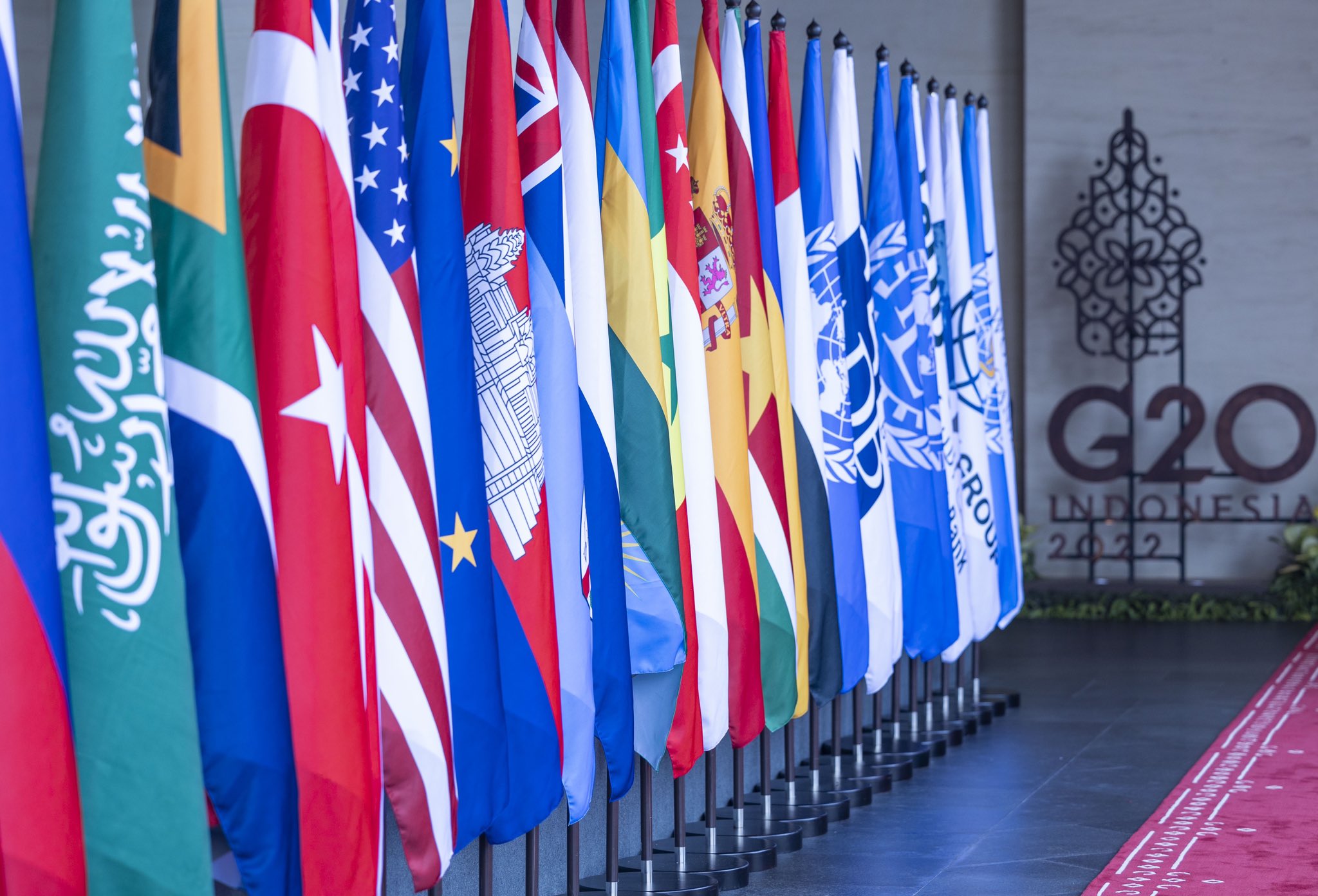G20 Leaders’ Summit Advances Social Inclusion, Energy Transition, and Global Governance Reform
The summit outcomes emphasized the need for economic, social, and environmental balance to achieve the Sustainable Development Goals (SDGs).

The G20 Leaders’ Summit, held in Brasília on November 18–19, 2024, under Brazil’s presidency, set an ambitious agenda centred on social inclusion, combating hunger and poverty, advancing a just energy transition, and reforming global governance institutions. The summit outcomes emphasized the need for economic, social, and environmental balance to achieve the Sustainable Development Goals (SDGs).
ILO Director-General Gilbert Houngbo lauded the G20 Leaders' Declaration, which acknowledged the need for "socially just, environmentally sustainable, and economically sound measures" to realize the SDGs. The International Labour Organization (ILO) played a pivotal role in shaping the summit's priorities, particularly in promoting decent work, reducing inequalities, closing gender pay gaps, and ensuring social justice in the global energy transition.
Tackling Inequality and Fostering InclusionAt the heart of this year's G20 deliberations was the understanding that creating formal employment opportunities and promoting decent work are essential for combating working poverty and advancing social inclusion.
Key outcomes included:
The G20 Policy Priorities to Reduce Inequalities in the World of Work, which stressed the importance of social dialogue, collective bargaining, and the adoption of living wage policies.
The launch of the G20 Social Protection Policy Portal, developed with ILO and ISSA support, to enhance knowledge-sharing and strengthen social protection globally.
Focused discussions on tackling racial and ethnic discrimination in workplaces, highlighted in the ILO-IPEA report shared with G20 leaders. Promoting Gender Equality in Work and TradeGender equality was mainstreamed across multiple working groups during the Brazil presidency.
Significant advances included:
Commitments to closing gender pay gaps and eliminating gender-based violence in the workplace.Adoption of measures to boost women's participation in international trade, ensuring a fair share of its economic benefits.Endorsement of gender equality in paid and unpaid care work, paving the way for stronger inclusion in the care economy.
A Just and Inclusive Energy Transition
Recognizing the critical importance of a fair shift to renewable energy, the G20 endorsed the Principles for Just and Inclusive Energy Transitions. These principles prioritize:
The creation of quality green jobs.Upskilling workers for new opportunities in renewable energy sectors.
Empowering communities to adapt to and benefit from energy policy changes.
Global Alliance Against Hunger and Poverty
A landmark achievement under Brazil’s presidency was the launch of the Global Alliance Against Hunger and Poverty, of which the ILO is a founding member. This initiative seeks to mobilize resources and foster evidence-based programs to address hunger and poverty worldwide.
During the launch, ILO Director-General Houngbo highlighted the Alliance’s transformative vision:
“A future free from hunger and poverty, underpinned by social justice, is within reach if we work together.” Looking Forward to South Africa’s 2025 PresidencyWith Brazil's presidency concluding, South Africa will assume leadership of the G20 in 2025, under the theme "Solidarity, Equality, and Sustainability." The ILO plans to continue its engagement in G20 processes, promoting policies that align with its mission of achieving decent work and social justice globally.
The G20’s commitments at the Brasília Summit reflect growing global recognition that economic development, social equity, and environmental sustainability must go hand in hand, signalling hope for a more inclusive and equitable world.
- READ MORE ON:
- G20 Leaders’ Summit
- International Labour Organization










